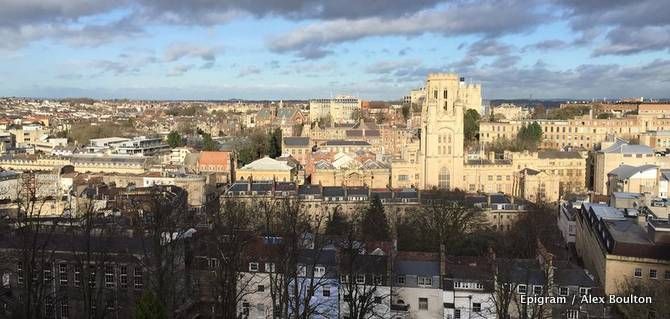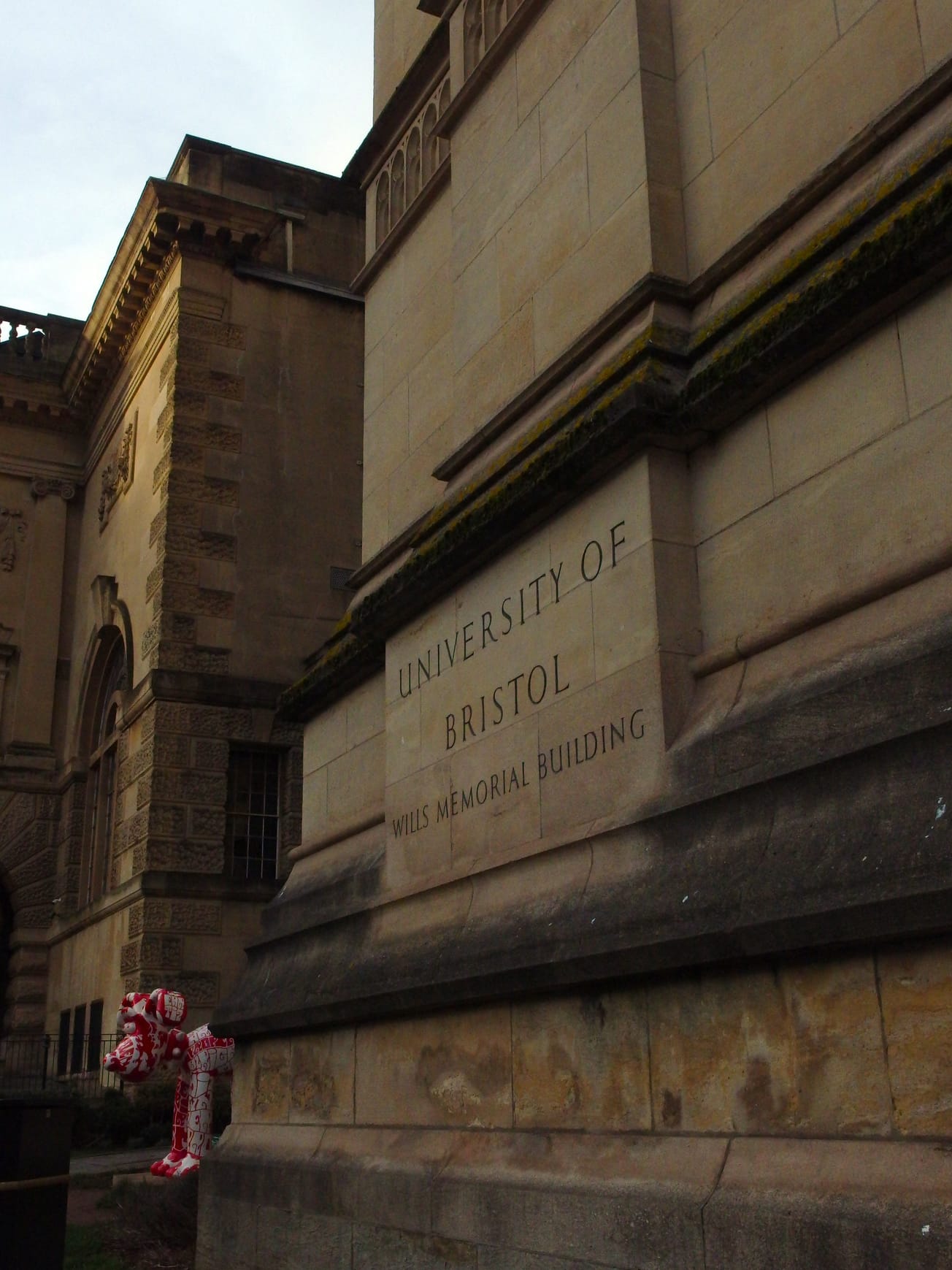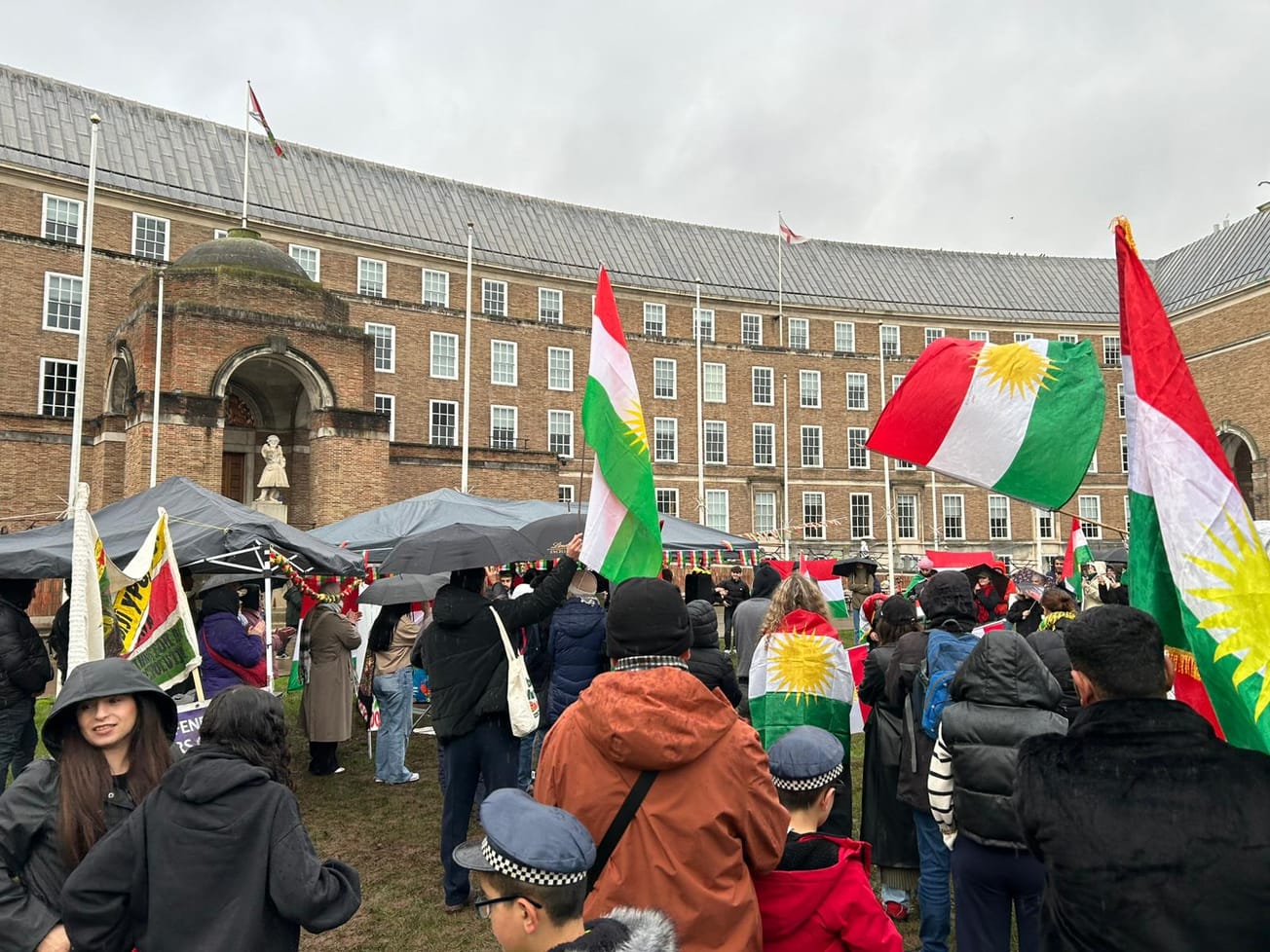A statement from the University of Bristol argues that it would not be appropriate to rename the building, despite a petition that argued for the removal of names of individuals and families who were directly or indirectly associated with slavery.
The statement, written by University staff with input from the students who started the original petition to rename the Wills Building, stresses the University’s long relationship with the Wills family and their role in its development.
University College, the precursor to today’s University, struggled financially until Henry Overton Wills promised a gift of £100,000 in 1908, encouraging more funding and the granting of a Royal Charter in 1909, giving rise to the University of Bristol.
The Wills Memorial Building was completed in 1925 as a memorial to Henry Overton Wills and the Wills family also built Wills Hall, the University accommodation in Stoke Bishop.
The University has historically received donations and from other Bristol families including the Fry, Tyndall and Goldney families, as well as support from Bristol’s Society of Merchant Venturers.
The original petition, made by Asher Websdale, Elmi Hassan & Shakeel Taylor-Camara, argued that the Wills fortune was made as part of the tabacco importing firm W.D. & H. O. Wills, consequently ‘financing the University with slave-profited money’. As a result, the petition asked the University to ‘uphold its commitment to diversity and inclusivity and revise the name of the building’, arguing that although ‘the Wills family may have invested heavily in the institution…this does not justify the means of slavery’. The petition received 692 signatures.
In the statement, the University argues ‘it is highly unlikely that the University of Bristol would have been established, and then flourished as a highly successful, international, research-intensive university, without this longstanding support from the local business community’.
In their view, ‘it is important to retain these names as a reflection of our history’.
To make the decision, the university followed guidelines set out by Yale University that emphasis duties of non-erasure of history, while looking to other Universities that have faced similar protests.
Despite this decision, the University realises the importance of encouraging its students and staff to critically engage with the past and aims to make the University’s history more explicit. They state some possibilities for the future, including public art; permanent and temporary exhibitions about the history of our buildings; and exhibitions related to the legacies of slavery in Bristol and beyond.
The university stresses its ‘commitment to opposing injustices arising from the history and legacies of slavery’.
This decision follows the action taken by Colston Hall to drop the name of slave trader Edward Colston when it reopens after refurbishment in 2020.
Do you think renaming historical buildings is equal to erasing history? Let us know:
]]>








